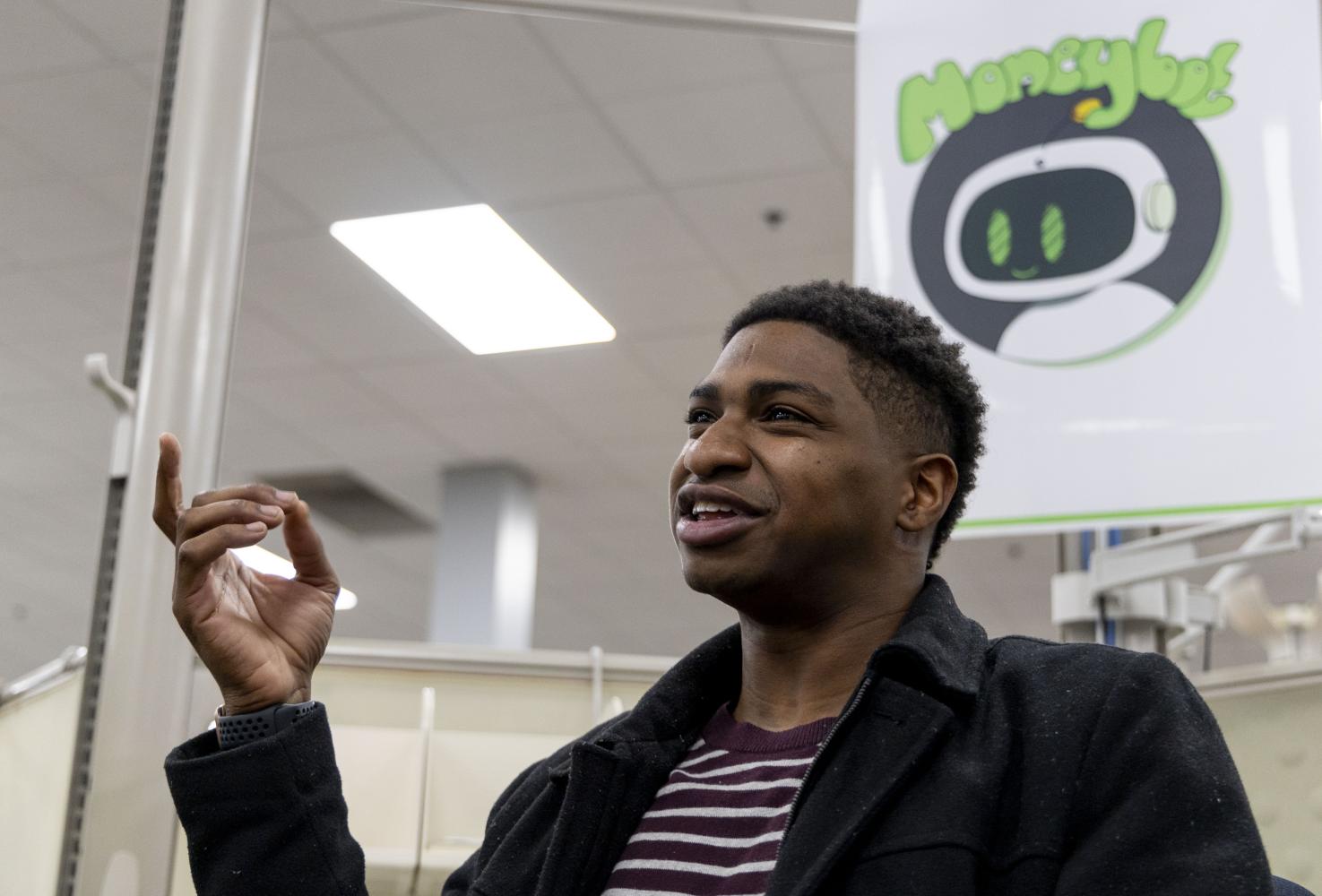WKU’s website describes the Innovation Campus as “a place where students, researchers, start-ups and funders” can “tackle challenges that grow the strengths and diversity of our nation’s business community.” The Innovation Campus is a place where dreams take flight and boundaries are merely obstacles waiting to be overcome.
Buddy Steen, a WKU alumnus and the CEO of Innovation Campus, said in a written statement that the campus is a hub for gathering innovative talent to fuel the surrounding economic environment.
“We aim to create, recruit and retain impactful companies in our region where new opportunities and jobs are created,” Steen said.
The Innovation Campus is home to a fluctuating array of companies working with each other and collaborating with neighboring companies. Innovation and Culture Fellow Sam Ford said he works primarily with the Central Region Ecosystem for the Arts, Technology and Entrepreneurship.
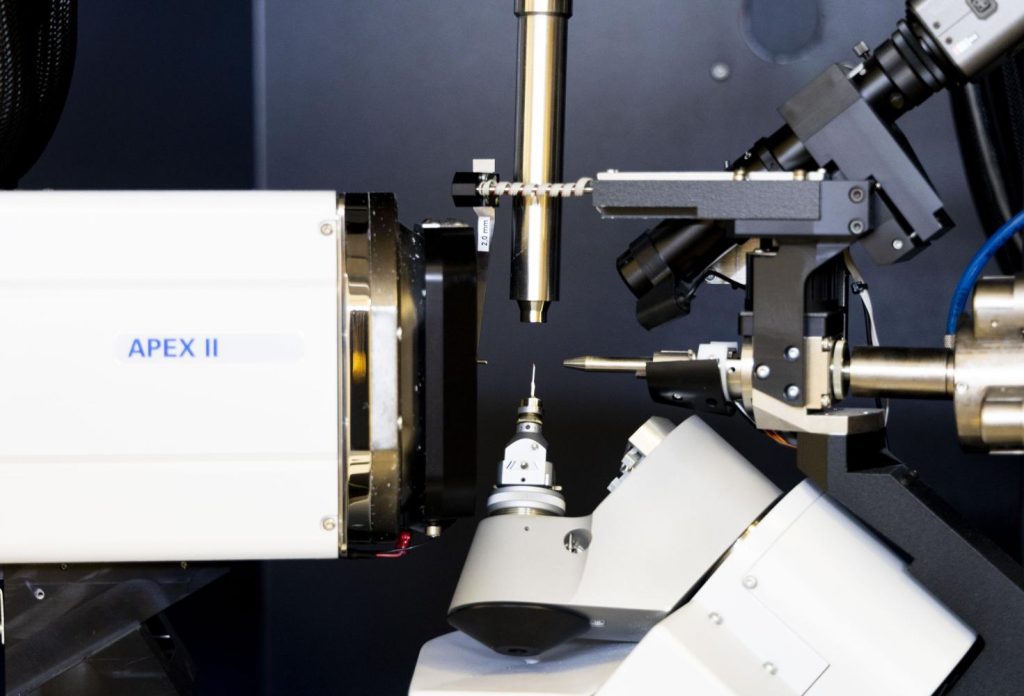
“CREATE is especially focused on potential high growth startups, artists and tech companies and kind of helping those companies grow,” Ford said.
Ford said that the Innovation Campus has a multitude of office spaces that allow companies a way to grow through the flexibility of their space. Ford said through this environment, the goal is to start the initiative at the campus and possibly branch out into other opportunities.
“They may go have an office somewhere else or build companies and then sell that company off, but it’s always changing; they’re always growing something,” Ford said.
One of the companies that is utilizing office space in this environment is the Metals Innovation Initiative, a company that was started in 2022 by eight Kentucky metal organizations. According to Nora Bryant, the manager of strategic communication at the Innovation Campus, The Metals Innovation Initiative is a Kentucky nonprofit that focuses on collaboration and industry-led leadership to foster various aspects of the metals industry in the state.
The nonprofit works closely with the Innovation Campus’ communication team to expand its reach across Kentucky. Bryant said that the Metals Innovation Initiative has expanded since its start in 2022.
“We have grown tremendously since then, but our founding members definitely paved the way for where we are today,” she said.
Bryant said that the Innovation Campus works to bridge the gap between the industry, higher education and government. When projects within companies are ready to be shared with the public, she helps them with organizing and sending out press releases.
Bryant also manages the Innovation Campus newsletter, social media channels and writes content for blog posts that are published within the newsletter.
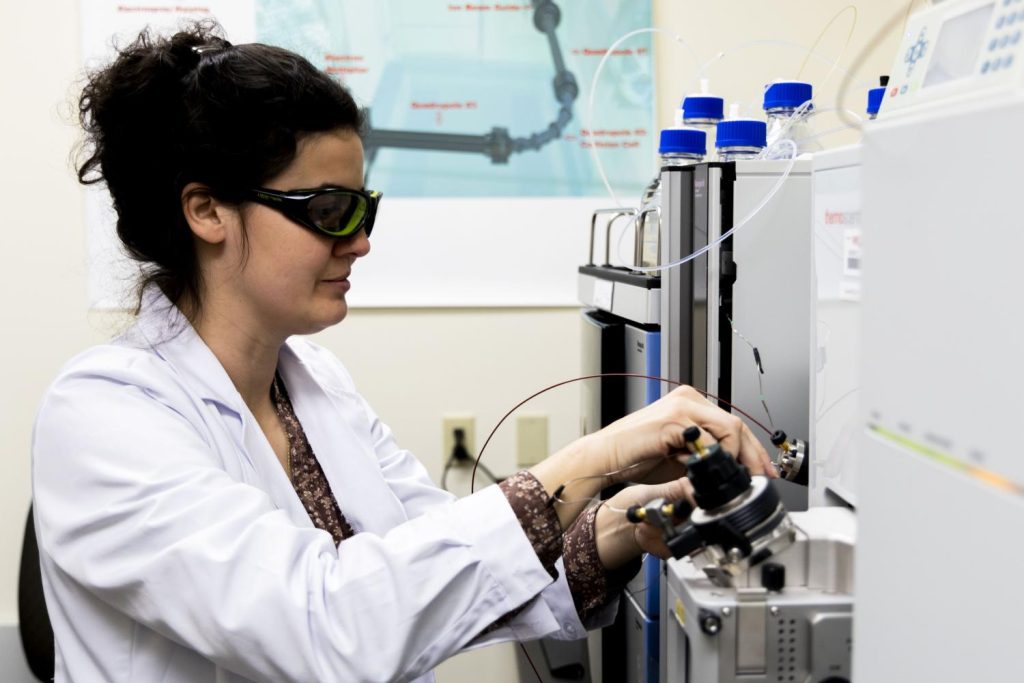
“We really push the Kentucky metals industry forward to be seen as the destination for metals innovation,” Bryant said.
Bryant, in addition to Ford and Madison Whittle, a UX designer, partnered with the Talent and Workforce Strategy Group at the February 2024 IdeaFestival.
The IdeaFestival is an annual four-day event that brings together creative and innovative minds to “cultivate valuable relationships through the intermingling of diverse topics and backgrounds,” according to its website.
Ford was a speaker at the event, while Bryant and Whittle presented personality quizzes to middle and high school students to show them what type of metal they were most like. They also showed them where the metals are and what they’re used for in different Kentucky factories.
Bryant said that this is one of the ways the Metals Innovation Initiative can promote the metals industry to students who may be interested in the field.
Ford said that the Innovation Campus will also hold “start-up gardens,” which are gatherings that feature an entrepreneur who talks about the industry they’re in. He said that events like these allow students in higher education to explore job opportunities and the labs the campus offers.
One person taking advantage of what the Innovation Campus has to offer is WKU alumnus Kahlil Garmon, who graduated with a degree in business administration with a concentration in entrepreneurship in 2021. Ford said that students like Kahlil are utilizing the campus to work on developing their careers.
“We also have student entrepreneurs, Kahlil is one of them, who are starting their businesses that have a potential national or international market,” Ford said.
As a college student, Garmon started working as the vice president of business development with his family’s company, Jim Reynolds Asphalt, in Louisville. Now, he’s developing an interactive financial literacy app called Moneybot.
Garmon said that his technological background was influenced by his stepdad’s experience as a programmer, while his educational background is inspired by his mother, the principal at Shelby County High School. Garmon said that technology, education and entrepreneurship are who he is.
“That’s everything that I do,” Garmon said. “That’s Moneybot, that’s my passion, my pain, my curiosity.”
Garmon’s story of building Moneybot started at a Black History Month Hackathon in Nashville in 2023. A hackathon is a competition where a group of engineers and developers receive a prompt to improve or build a new software program in a set amount of time, usually within a few days.
“And that’s to code everything, design everything, sketch, have a demo,” Garmon said.
Garmon originally signed up as a guest and volunteer for the hackathon but received a text assigning him to a team and revealing the event’s prompt, which focused on addressing an issue within the Black community. Despite feeling unprepared due to his beginner coding skills, Garmon was encouraged by his team members to participate in the competition.
“I kept telling myself, ‘I don’t know what I’m doing. I shouldn’t be here,’ but they kept asking me for ideas,” Garmon said.
Garmon decided to use an idea he had started in an entrepreneurship class. His idea was to build an educational platform around finances, a topic he saw many people struggling with.
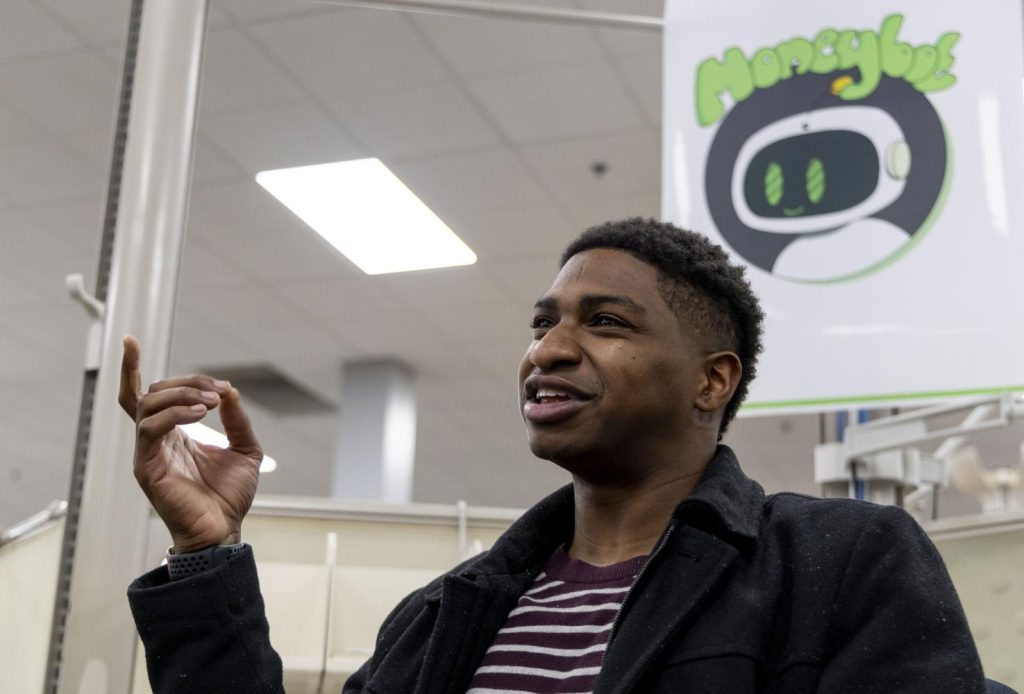
“The whole point of the product was to build a financial literacy platform that teaches you how to manage money in a fun and engaging way,” Garmon said.
Taking inspiration from Duolingo, an app users engage with to learn foreign languages, the team utilized artificial intelligence to create personalized software that would be available at any time. Garmon and his team coded for three days straight, 12 hours at a time.
“That was it; that was the idea that won us first place in the hackathon,” Garmon said.
After the competition, Garmon realized how much he enjoyed working on the project. He felt that people don’t usually get this excited about coding, finance and business.
“I thought, ‘Maybe this is something that I should keep chasing if it makes me feel this way,’” Garmon said.
Garmon was soon contacted by Black Codes, a Nashville-based technology resource hub for the Black community and the non-profit organization that hosted the event. They asked him if he planned on continuing the project.
“Everyone texted me like ‘Hey, are you gonna build this? What do you need help with? We need to get this to market,’” Garmon said.
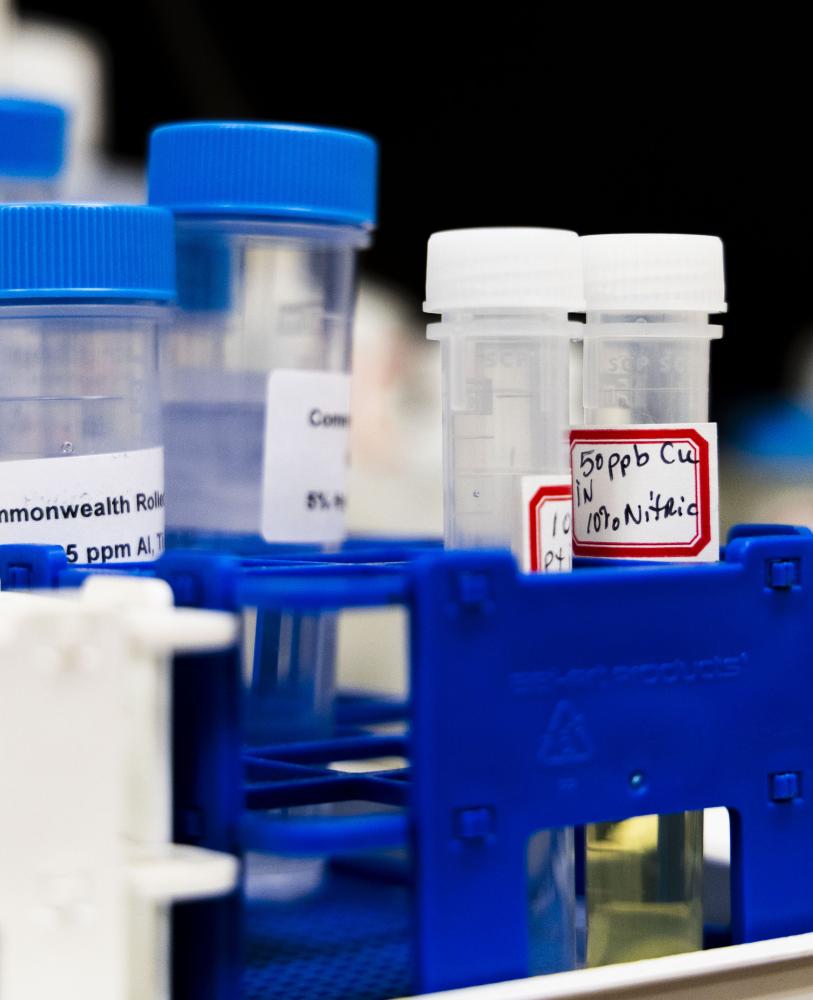
Garmon said that the people around him expressed a need for financial literacy, a subject that he felt was not widely offered throughout public education.
“At least in Kentucky, it was not taught, like it wasn’t a class we have to take of like, how to balance a checkbook,” Garmon said.
Garmon said that a couple of months after winning the competition, he walked through the front doors of the Innovation Campus and told his story to Jeff Hook, the director of the WKU Small Business Accelerator.
Hook said that the goal of the accelerator is to target early-stage companies pursuing a national and international market.
“Our goal is to help create jobs and opportunities in the region,” Hook said.
Hook said that the accelerator works to identify where the companies are and where they hope to be, and it helps them create a path between those two points.
“Then our job is to identify leverageable resources that can help them move their business forward,” Hook said.
Garmon said that Hook advised him to involve himself in community events and introduce himself to as many engineers and developers as possible.
Garmon said that the Innovation Campus has been a valuable tool in advancing Moneybot.
“This place gives me confidence,” he said. “ There’s always someone I can go to and ask a question.”
Bryant said that the people working within the Innovation Campus are collaborative. She said that the campus has people willing to jump in and help with projects if they can.
“That’s what’s so cool about the Innovation Campus,” Bryant said. “If there’s not someone there, you’re going to talk to someone who knows where you need to go.”
Garmon said he likes the process of partnering with mentors who lead him to grant opportunities and resources. He said that Moneybot is in the fundraising phase of development.
Hook said that many companies proceed through this step with investments from their personal funds, but the accelerator also helps with finding investors for companies.
“The Innovation Campus has a variety of connections with potential investors, and we will make those connections to investors when appropriate,” Hook said.
Garmon said that this stage in business development is a combination of building and fundraising. He feels that this stage is the hardest, and the process can become a bit hectic.
“Some days, it’s like you’re on top of the world, and some days, it’s like the world’s on top of you,” Garmon said.
Garmon said that the Innovation Campus has a plethora of helpful people who have kept him going throughout his project.
“Someone will always pull me out, push me up,” he said. “Because it can be lonely.”
Garmon said that he doesn’t see a lot of young people building technology companies in Bowling Green, especially young people within underrepresented groups like himself.
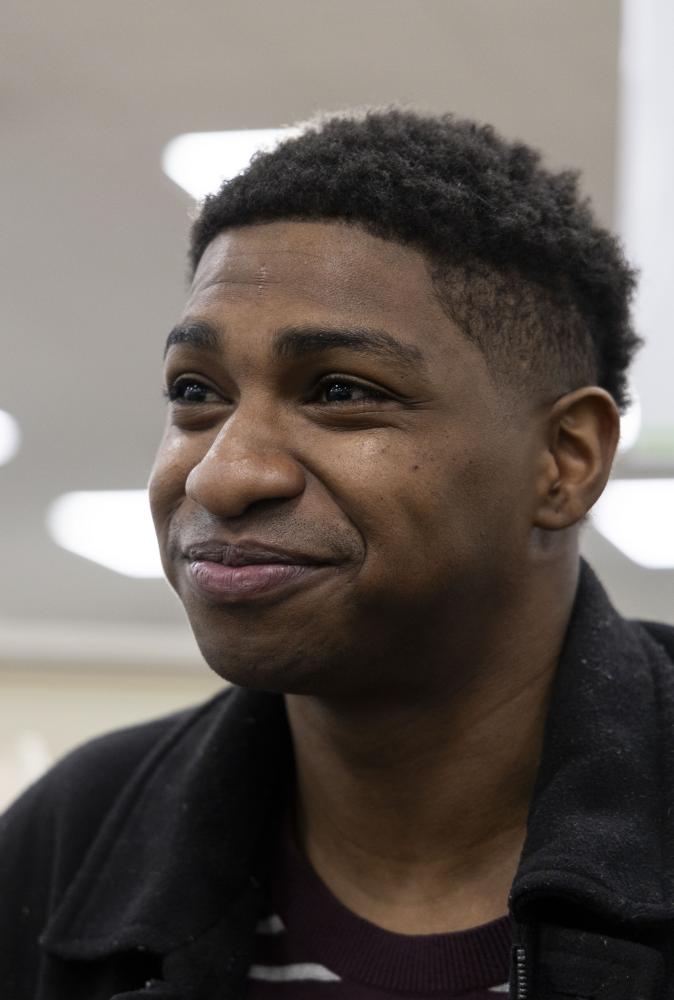
“You know, you don’t really see a lot of Black men in education or finance,” he said. “There’s no blueprint for this.”
He said that he had never heard of or been to the Innovation Campus while he was studying entrepreneurship at WKU.
“I was flabbergasted when I came in here,” Garmon said. “Why have I never seen this place in the last five years?”
Garmon said that expanding the knowledge of the Innovation Campus to current students can allow them to take advantage of the resource. Ford also discussed the Innovation Campus’ efforts to connect more with WKU.
“One of the big goals is how to make the university more relevant to businesses, to have it play a role in economic development,” Ford said.
Garmon said that he feels the community he’s in lacks younger perspectives. He said that his goal is to engage the younger community and spread the word about the resources and opportunities offered to them.
“We want other people to be around,” Garmon said. “The more different ideas, the more different perspectives, the better.”


